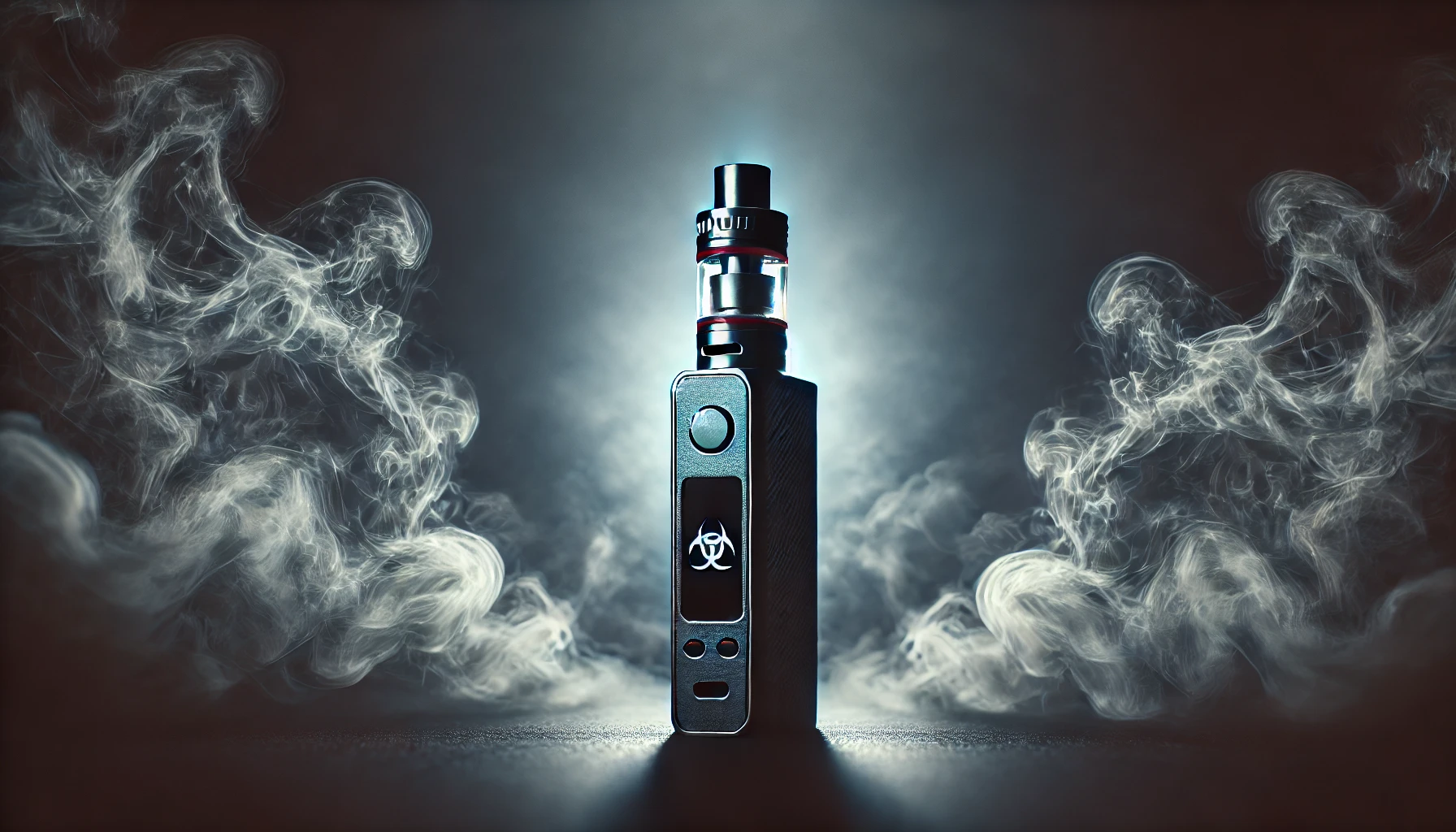The Dangers of Vaping: Why Vapes Should Only Be Sold with a Prescription

Subheading: Understanding the Risks of Vaping and the Need for Stricter Regulations
Vaping has become a popular alternative to smoking traditional cigarettes, especially among young adults and teenagers. But, is it as safe as it seems? The truth is, vapes are highly addictive, and their ease of access raises serious health concerns.
The Hidden Addictive Nature of Vapes
One of the biggest misconceptions about vaping is that it’s a harmless habit. Many believe it’s a safer option compared to smoking. However, most e-cigarettes and vape pens contain nicotine, a substance that’s just as addictive as the nicotine found in cigarettes.
Nicotine is highly addictive, and it affects brain development in teens and young adults. Once someone starts using vapes, it becomes difficult to quit, especially for young people who may not fully understand the risks.
Health Risks Beyond Addiction
Aside from nicotine addiction, vapes contain various chemicals that can cause long-term damage to the lungs. Studies show that vaping may lead to respiratory problems, chronic bronchitis, and even lung disease. Additionally, the vapor itself can irritate the lungs and airways, causing discomfort and health complications over time.
Should Vapes Be Sold on Prescription?
Given the serious risks associated with vaping, there’s a growing argument that vapes should only be sold with a prescription. By requiring a prescription, access would be restricted, especially for minors and individuals who are not using it as a smoking cessation aid.
Benefits of Selling Vapes with a Prescription
- Controlled Access: A prescription requirement would limit the availability of vapes, ensuring they are only used under medical supervision or as part of a smoking cessation program.
- Health Monitoring: Doctors can monitor patients who use vapes to quit smoking, making it easier to track any potential side effects or addiction issues.
- Reduced Youth Vaping: Restricting access to vapes would help reduce their appeal to younger audiences, helping to curb the vaping epidemic among teens.
Conclusion
Vapes may seem like a trendy, harmless alternative to smoking, but they come with serious health risks and addictive qualities. Selling vapes only with a prescription would protect the public, particularly young people, from the dangers of nicotine addiction and other health complications. It’s time to rethink how easily accessible these products should be.
By regulating vaping products, we can better protect public health and ensure that they are used responsibly, rather than contributing to a growing addiction crisis.
If you are struggling with any of the issues mentioned in this article, please contact us, and we will try to help in any way we can.


